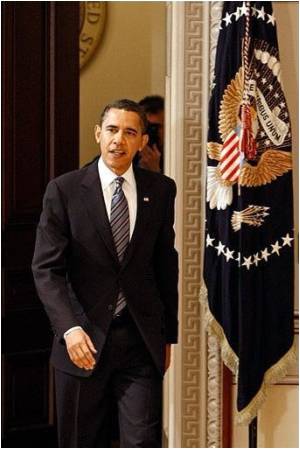
In a country of sharp ethnic divides, the census faces many challenges including a bloody Islamist insurgency, a conservative culture of privacy and fierce complaints from senior Afghan officials who reject its findings.
The task is so sensitive that perhaps the most important question has been left off the survey -- which ethnic group do you belong to?
Despite such obstacles, the five-year project is due to be completed in 2016 as part of international efforts to develop a functioning government in Afghanistan, which has suffered near-constant war since the Soviet invasion of 1979.
One recent morning in the Dasta Barchi district of Kabul, Rezai knocked on the gate of one home until Saleha, a housewife, came nervously to the entrance.
Rezai showed his Central Statistics Office badge and, after a little persuasion, Saleha agreed to answer the survey questions.
Advertisement
The family pay 2,000 Afghanis ($35) a month in rent for their house, she said, as Rezai carefully noted down her answers.
Advertisement
"Women are reluctant to talk to us, but we try to do a 40-minute interview, asking the number of family members, their age, education, whether they have ever fled the country and how many rooms they live in."
- Ethnically-divided electorate? -
The current election campaign has highlighted how Afghanistan's various ethnic groups compete for power and money, always claiming they are under-represented or hard done-by.
But the survey ducks the chance to establish exactly how many Pashtuns, Tajiks, Uzbeks and Hazaras there are in the country -- a central cause of much tension in Afghan life.
For Mohammad Sami Nabi, head of field operations at the Central Statistics Office, asking the ethnicity question would make the survey impossible -- and perhaps even spark violence.
"This kind of data would mean problems," he told AFP. "Everyone says that this ethnicity has this amount of population.
"If you find from the survey that it is different, then it will not be acceptable for the people. That is what we want to avoid."
Campaigning ahead of voting on April 5 has seen candidates trying to broaden their ethnic appeal through their vice-presidential picks -- a move welcomed by some who fear a return to the partisan hatred of the 1992-1996 civil war.
Ashraf Ghani, a Pashtun, signed up controversial Uzbek general Abdul Rashid Dostum as a running mate, while Tajik-backed Abdullah Abdullah has teamed up with Hazara leader Mohammad Mohaqiq.
- Census results 'wrong' -
Even in the central province of Bamiyan, a peaceful Hazara-dominated region with little ethnic tension, the census has ruffled feathers by calculating that the population was far smaller than expected.
The results outraged local people and provincial officials who fear the new figure could threaten the proportion of money that Bamiyan receives from central government funds.
"The census people were inexperienced and their lack of knowledge about Bamiyan has resulted in wrongly reporting of the population," said Hidayatullah Rahayee, the province's senator in upper house of parliament.
"I don't agree with the findings, and if the government bases its development projects based on this, it will have a negative impact on the people."
Ruqya Iqbalzada, a member of the Bamiyan provincial council, said she believed the census had counted only half the population when it declared that there were about 300,000 people in the province.
"This survey will make the province even more unprivileged," she told AFP.
If the census runs into such difficulties in Bamiyan, the chances of completing an accurate count in volatile southern provinces such as Kandahar, Helmand and Ghazni look slim.
But Annette Sachs Robertson, the country head of the United Nations Population Fund, said the census was worthwhile and would play an essential role as Afghanistan continues to rely heavily on aid.
An attempt at a national head-count in 2008 was abandoned due to the raging war, and billions of dollars have been allocated for health clinics, schools and roads on the basis of incomplete statistics.
The population itself is estimated at anything between 26 and 32 million.
Visits to homes such as Saleha's could eventually make things clearer.
Source-AFP








